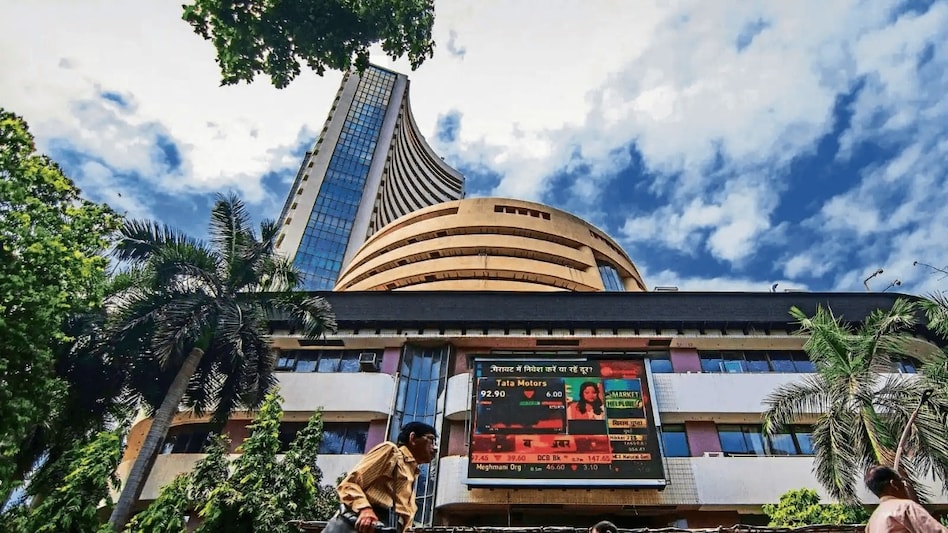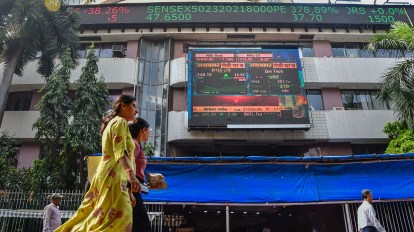The Indian stock markets, including the Sensex and Nifty, witnessed a sharp decline as growing fears over the escalating Middle East crisis rattled investor sentiment. On Wednesday, the Sensex plunged over 800 points while the Nifty fell by nearly 250 points, reflecting widespread concerns about the potential global economic fallout from the situation. The Middle East conflict has led to a surge in oil prices, triggering inflationary pressures and creating uncertainty in financial markets across the globe.

Source:- news 18
Investors are particularly concerned about the long-term economic consequences of the conflict, which could disrupt global supply chains and further hike crude oil prices. India, being heavily reliant on oil imports, is especially vulnerable to rising energy costs, which could exacerbate inflation and impact corporate earnings. As a result, sectors such as oil & gas, automobile, and FMCG were among the biggest losers in the market, with stocks taking a significant hit.
Source:- bbc news
Adding to the woes, foreign institutional investors (FIIs) have been on a selling spree, withdrawing funds from Indian equities amid the growing risk-off sentiment. Global markets are also reacting negatively, with major indices in the U.S. and Europe posting losses.
Analysts caution that the market may remain volatile in the near term, as geopolitical tensions in the Middle East show no signs of de-escalating. Investors are advised to stay cautious, avoid panic selling, and focus on fundamentally strong stocks that can weather the ongoing turmoil. However, they also note that a potential resolution to the conflict or easing of tensions could lead to a swift recovery in the markets.
The immediate focus for traders will be the movement of crude oil prices and further developments in the geopolitical arena, which could significantly impact global and domestic markets.
Share your views in the comments

